![]()
Last year’s Wicked was a sensational adaptation of one of modern pop culture’s most influential and defining musicals. Splitting the 2003 Broadway musical into two parts, Part One was both an irresistible and dazzling smash hit that set up its conclusion on a true high note. Director Jon M. Chu took the world of Oz, which has been adapted and translated into countless stories across multiple mediums, and made it feel intimate with strong character depth and centered with a rich emotional core. The second act of the story, which doesn’t have the eclectic list of hits such as “Popular”, “Dancing Through Life” and “Defying Gravity”, is known to take a relatively sizable dip in quality. Still, the hope is that this second act will be able to overcome the flaws of the stage musical and land the story in spectacular fashion. Picking up after the euphoric high of “Defying Gravity” is no easy task, but that doesn’t excuse this conclusion from feeling largely plodding and lifeless.

Courtesy Universal
One year since defying the Wizard of Oz (Jeff Goldblum) and gravity, Elphaba (Cynthia Erivo) has been vilified, hunted and marked as the “Wicked Witch of the West”. Her rebellion against the Wizard has sent fear through all of Oz thanks to a propaganda campaign orchestrated by Madame Morrible (Michelle Yeoh) and the Wizard, himself. Glinda (Ariana Grande) has been used as the shiny face to mask their acts of authoritarianism, banishing the rights of talking animals and segregating the Munchkins of Munchkinland. Glinda, who is also set to marry Fiyero (newly-appointed People’s Sexiest Man of the Year, Jonathan Bailey), still feels conflicted about her role in the Wizard’s tyranny. As Elphaba looks to upend the Wizard’s rule and free all the animals of Oz, she reunites with Glinda, who is unknowingly part of Madame Morrible’s grand scheme to capture and kill Elphaba once and for all.
Right off the bat, the crackling energy of the first film is all but gone, emphasizing the darker themes of act two, making Wicked: For Good feel joyless. Director Jon M. Chu brought a radiance to the screen in Part One that is sorely lacking in this conclusion. Chu’s limitations as a craftsman reveal themselves in the many subpar musical numbers. Compare the fluidity to the camera movements in “Dancing Through Life” to the static, flat compositions in “Thank Goodness”, it feels as though Chu used up all his creative juices for the first act and spend the remainder of the second act on autopilot. His camera here constantly feels rigid, never giving a sense of geography or stylistic flair. It’s the same two-shot, medium close-up, back to two-shot in most of the numbers. While the music in the back half of the story famously lacks the sheer chutzpah of the front half, Chu fails to give these numbers a boost on a pure filmmaking level.
The two new musical numbers exist merely to be rewarded with Oscar nominations and stop the film dead in its tracks. The musical highlights of the second act, “No Good Deed” and “For Good”, are indeed the numbers that stand out here. “For Good” is the emotionally-charged final ballad between Elphaba and Glinda, that will surely leave audiences in tears. “No Good Deed” is Elphaba’s infectious belt of rage at her failed attempts to do good. Erivo’s hypnotizing vocal talents transcend the smudgy-looking CG that surrounds this sequence, making it a genuine highlight of the film. One of the biggest criticisms of the first film was its cinematography, emphasizing washed out colors that took away from the vibrancy of the spectacular costumes and production design. The colors do have more “pop” to them here, but the CG effects, mainly on the animals and digital backgrounds, have gotten even worse.
Part One was such a zippily-paced and dazzling adaptation that still managed to touch on the darkest elements of the story without feeling bogged down by them. For Good is inherently a much darker film, but is paced so awkwardly, it feels simultaneously rushed and overlong. The first hour, in particular, has a stop-and-go feel that drains any energy generated by the cast. Despite the extra padding and fleshing out of side characters, the script doesn’t give them enough depth to make its complexities shine. Many character arcs feel arbitrary and motivations begin to feel muddled as the final hour becomes a mess of convoluted prequel tie-ins, agitating retcons and unearned payoffs. Even with the obnoxious narrative details from the stage production, Chu’s film almost feels afraid to commit to its Wizard of Oz connections. Many defenders will claim the climax is a faithful adaptation of the show, but if something feels like total bullshit on stage, it’s going to feel like utter bullshit on film.

Courtesy Universal
Thankfully, Cynthia Erivo and Ariana Grande are the glue that firmly holds the film together. Their fractured relationship is where For Good holds all of its emotional weight. Erivo’s absorbing screen presence centers the film from many of its worst impulses, mainly its added emphasis on the love triangle between her, Glinda and Fiyero. Glinda takes over as the true heart of the film, allowing Grande further room to showcase her range. Her perkiness has evolved into a more conflicted character, stuck in a hole of soul-searching, while being tempted by the life she initially wanted, at the expense of her truest friend. Grande’s emotional complexity shines in the moments where she’s at odds with Elphaba, giving For Good a real sense of heartache. The entire Wicked story is, in a sense, a love story between two friends and seeing that bond be broken and twisted by the powers that be is quite melancholic. There is a character beat at the end of the “For Good” number that is so enormously moving in its wordless display of yearning and regret. It’s a beautiful moment that echoes the Ozdust Ballroom scene from the first film.
The other performances are inconsistent, with several strong turns and a few weak ones. Michelle Yeoh’s miscasting as Madame Morrible fully rears its head in the Oscar-winner’s flattest performance to date. Jonathan Bailey is a burst of charisma, but is severely underutilized and lacks chemistry with both Grande and Erivo. Jeff Goldblum’s Wizard surprisingly works better here than in the previous film. His manipulative Wizard is conniving and opportunistic, but you also get the sense that he genuinely wants to give in to Elphaba’s pleas of change for the better. Goldblum’s reaction to a third act reveal is truly heartbreaking and packs a powerful, yet understated punch.

Courtesy Universal
If Wicked: For Good works at all, it’s in large part due to the spectacular performances from Cynthia Erivo and Ariana Grande. Unfortunately, the narrative flaws of the stage production fully reveal themselves in an ugly manner. Director Jon M. Chu fails to give this second act much of a spark of life, making the 137-minute runtime feel sluggish and plodding. Tie-ins to the classic material feel uninspired and elicit a number of eye-rolls. The film’s political ramifications are somewhat intriguing and it is admirable how it treats the classic 1939 film as a form of warped propaganda in hindsight, but For Good speed runs through its many compelling and thorny elements. This is a considerable step down from the first film, leaving an unavoidable sense of unfulfilled potential.
Wicked: For Good is now playing in theaters.


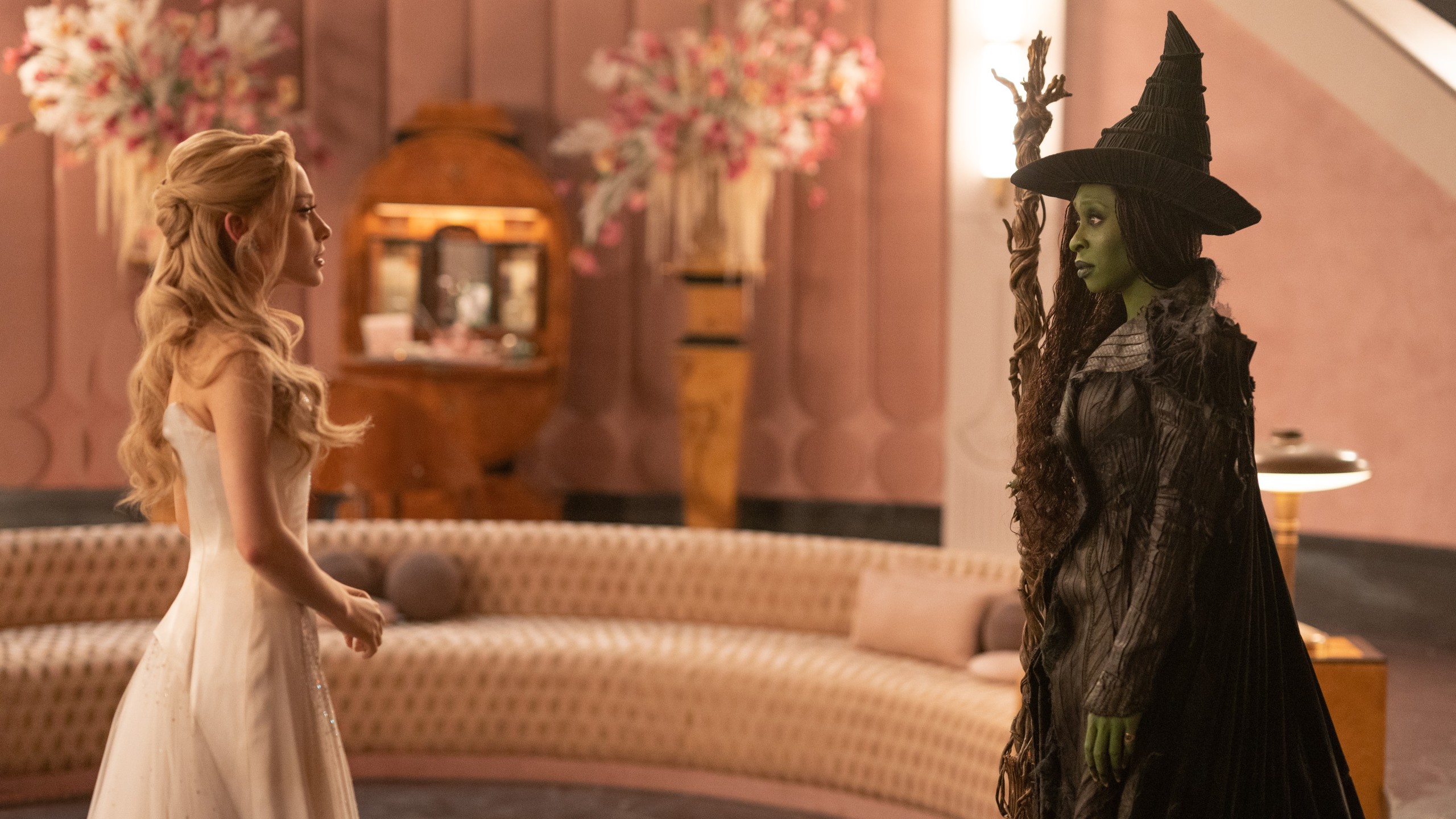
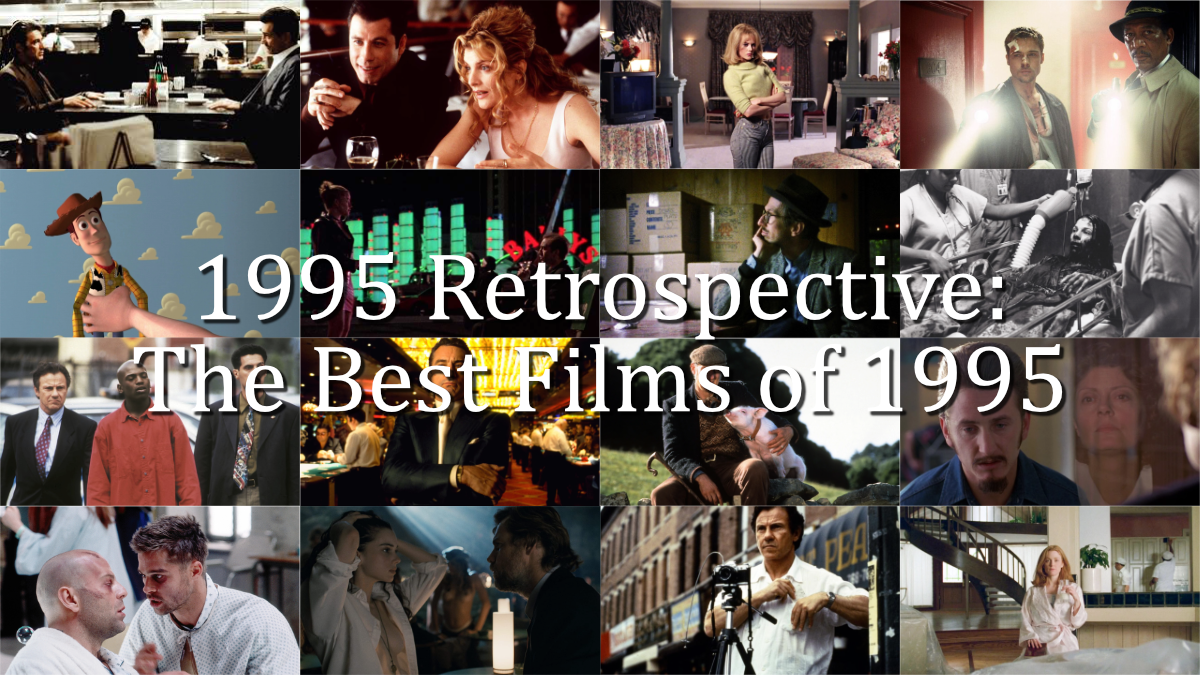
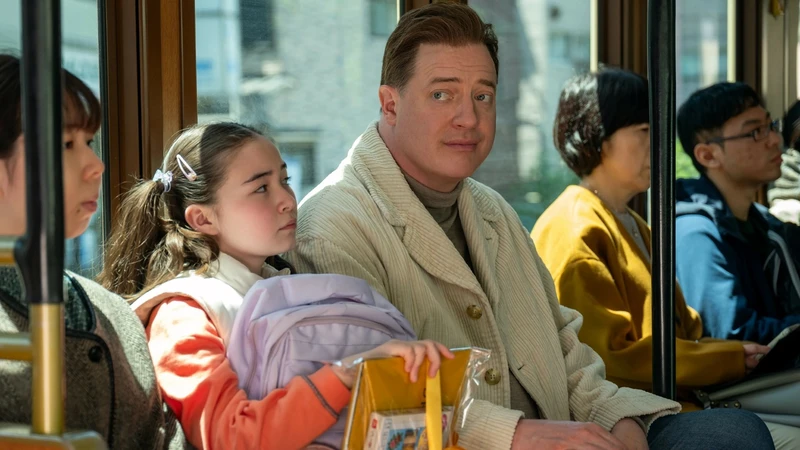
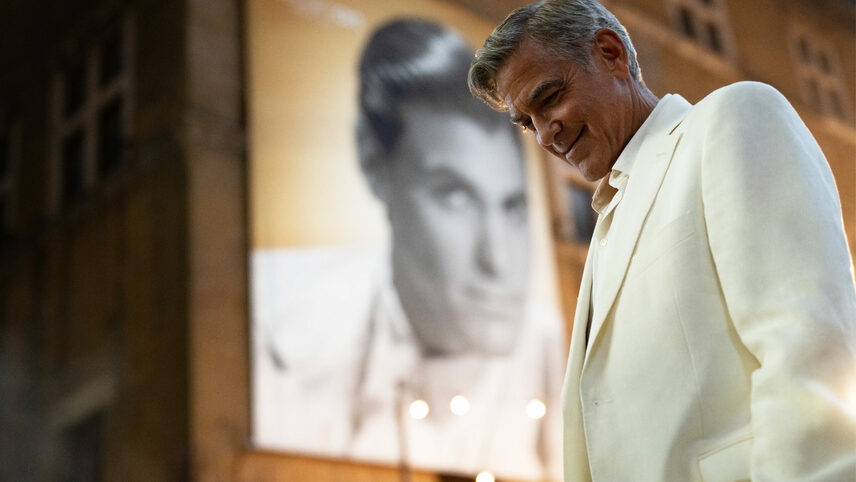
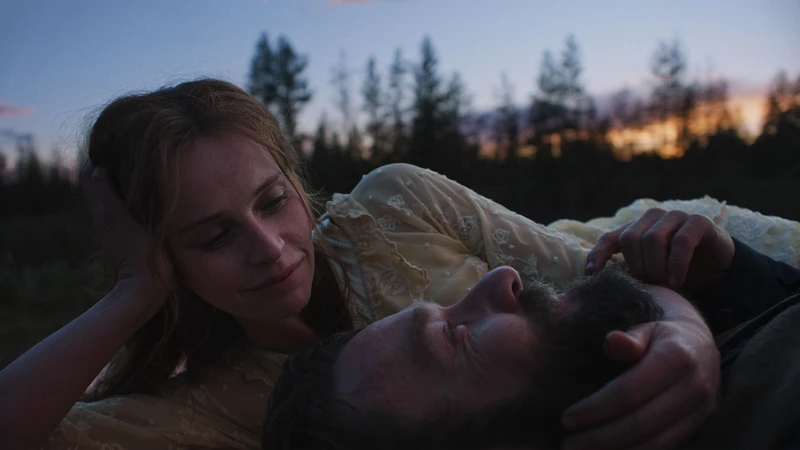
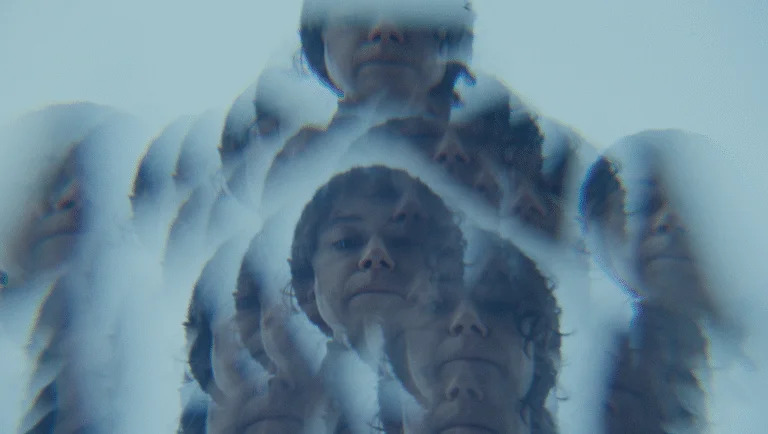
Disappointing. I wasn’t looking forward to part 1 and it blew me away and now I’m looking forward to part 2 and it seems like it’s disappointing a lot of people.